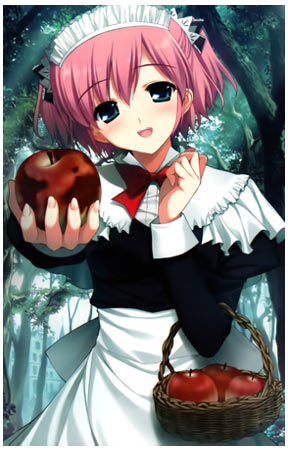Although Japanese has a reputation for being the “hardest” language to learn — St. Francis Xavier famously said it was an invention of the Devil to halt the spread of Christianity — it’s not inherently more difficult to learn than French or German or Spanish. All languages have unique features, and one found in Japanese — its phonetic simplicity, the fact that there are only five vowels and all Japanese sounds must fit through the tight syllabic system of hiragana and katakana — is actually a boon for us gaijin, as it makes speaking with very little accent possible (provided you only use study tools that “force” you to learn using kana/kanji and not “Romanized” Japanese). These phonetic limitations lead to some confusion when importing words from English, since words like drag and drug, curb and curve, crash/clash/crush and election and a similar word all blend together in the same way bonsai and banzai sometimes do in the minds of English speakers. The Japanese combat this by mixing up how they use foreign loan words. For example, since “crown” and “clown” would be the same, they use the French word for clown (pierrot), and since “flute” and “fruit” would always be confused, the latter is always used in its plural form, which is where the somewhat odd name of Fruits Basket comes from.
What do you think? Is the Japanese language “harder” than others you’ve studied?

An apple is a delicious “fruits,” don’t you think?














